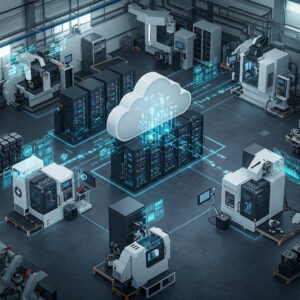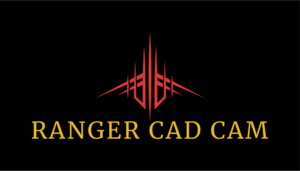There are a number of challenges associated with knowledge management and transmission in manufacturing. In particular, one challenge is that knowledge can be difficult to capture and document; this is especially true for tacit knowledge, which is knowledge that is embodied in the skills and experience of employees. Furthermore, knowledge has been changing ever more rapidly as technology is advancing and new processes are being developed; it is important to ensure that knowledge is updated and shared with all relevant stakeholders.
Here are some specific challenges of knowledge management and transmission in manufacturing:
- Aging Workforce:
Many manufacturing companies face a workforce nearing retirement, taking decades of specialized knowledge with them. The challenge lies in capturing and transferring this wealth of experience to younger generations before it’s lost forever. - Technological Complexity:
Modern manufacturing processes are often heavily reliant on advanced technologies and automation. Transmitting knowledge about these complex systems can be challenging, as it requires a deep understanding and the ability to adapt to rapid technological advancements. - Information Overload:
In today’s digital age, manufacturing companies generate vast amounts of data and information. Sorting through this information and extracting relevant knowledge can be overwhelming, making it difficult to find and utilize essential insights. - Communication Gaps:
Knowledge must flow seamlessly across different departments and teams within an organization. Communication gaps, often caused by hierarchical structures or poor interdepartmental collaboration, can hinder knowledge sharing and create silos. For instance, many manufacturing companies have global operations, which can make it difficult to share knowledge and expertise across different locations and time zones.
Knowledge management and transmission are essential for success in the manufacturing industry. By implementing effective knowledge management practices, manufacturers can improve efficiency and quality, develop new products and processes, and gain a competitive advantage. In this context, dedicated tools have become essential to capture and convey a company’s knowledge and know-how. MachiningCloud, in addition to providing information, is a viable solution to manage technological knowledge.
Manufacturing processes often rely on intricate steps and procedures that need to be followed precisely to maintain product quality. Proper knowledge management ensures that these processes are documented and transmitted accurately to prevent deviations or errors in production. Manufacturers rely on a skilled workforce to operate machinery and handle complex tasks. Effective knowledge management is crucial for training new employees and upskilling existing ones, ensuring that the required expertise is passed down through generations of workers. MachiningCloud allows users to save their work in jobs, capturing tool sets to use, tool settings, and operators’ notes. This information is not only accessible to the person inputting it, but to anyone who is part of the same workgroup. This simple but effective workflow allows senior employees to easily save their knowledge while also transmitting it to younger recruits.
In the manufacturing industry, knowledge management and transmission are vital components for sustaining competitiveness and driving innovation. While challenges persist, embracing best practices and leveraging technology can help manufacturers navigate the assembly line of knowledge successfully. By fostering a culture of continuous learning and collaboration, the manufacturing sector can overcome these challenges and continue to thrive in an ever-changing landscape.




